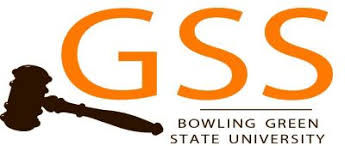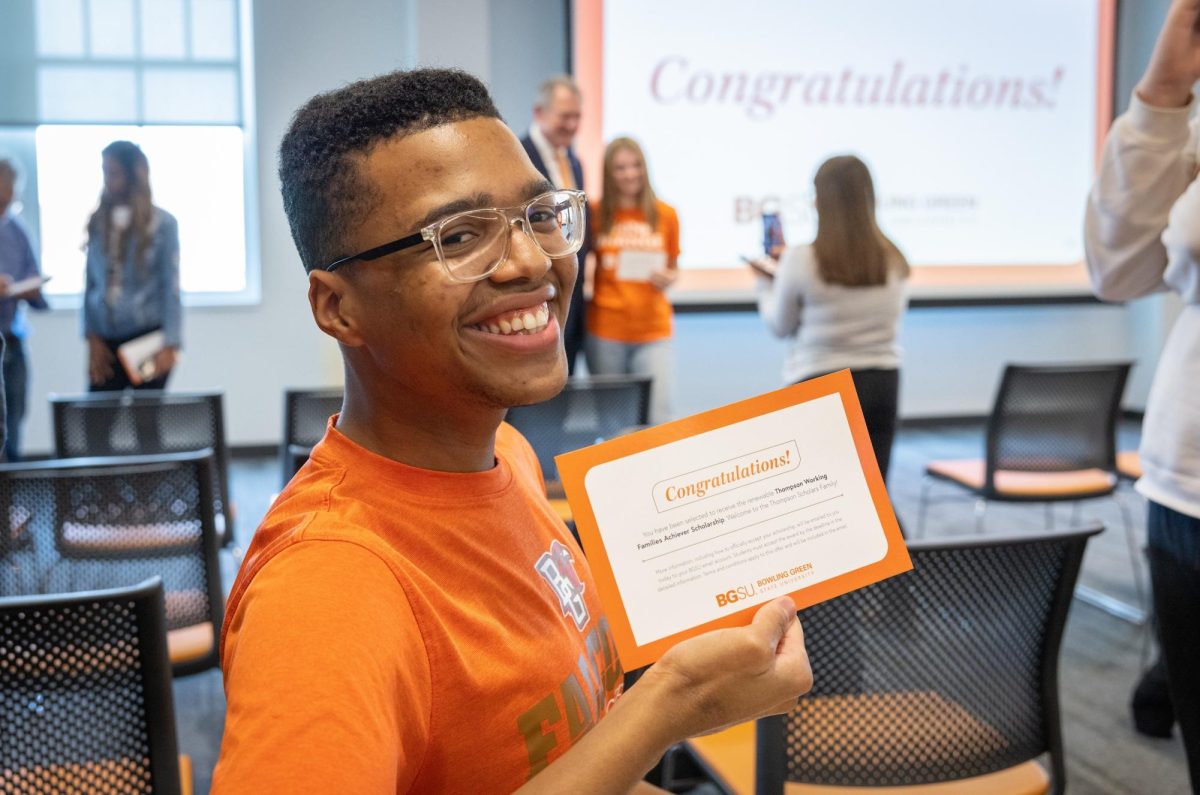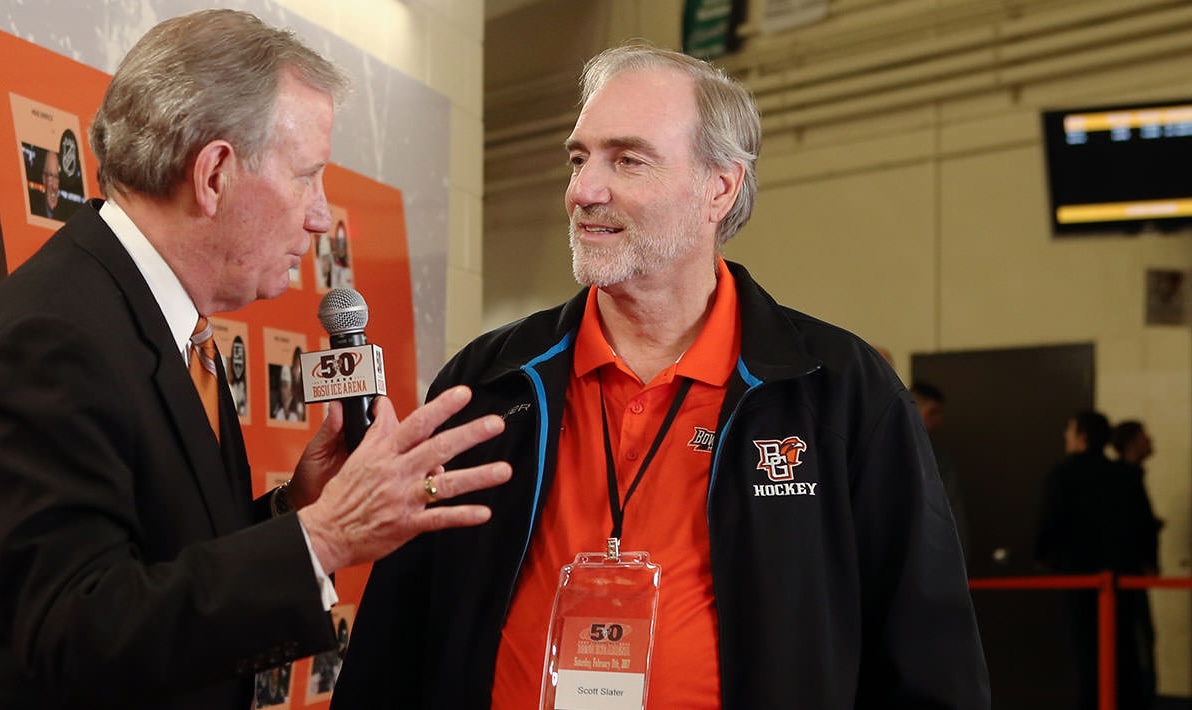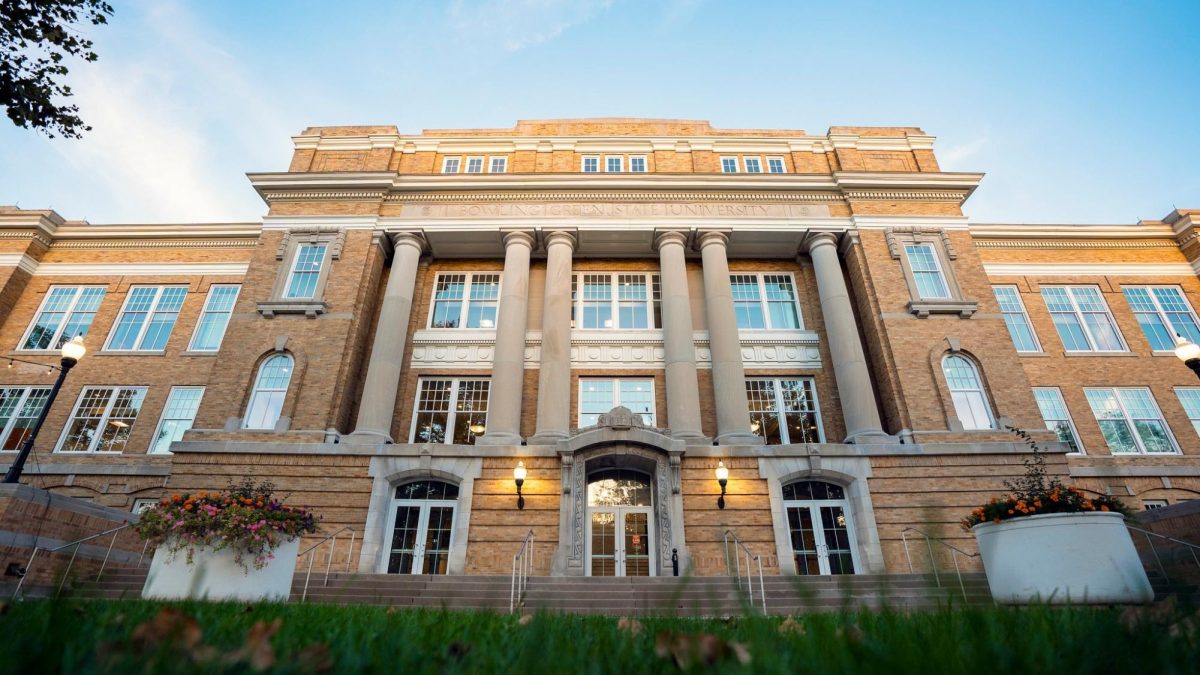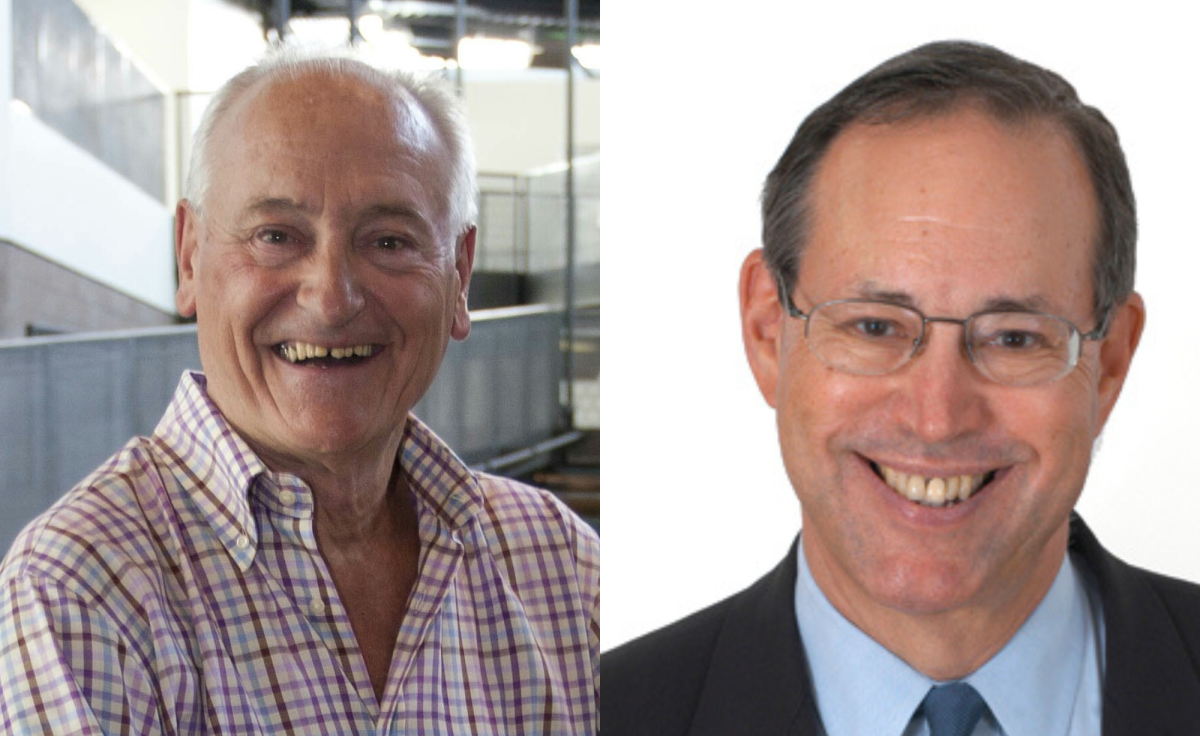The Graduate Student Senate had many issues to discuss such as the newly established alcohol and other drug use prevention task force, the issue of free speech on campus as outside protest groups become more prevalent, and debate over making the University tobacco free.
Here are the details on the issues discussed by GSS on Friday, Oct. 27:
Alcohol and other drug use prevention task force
The goal of this task force, introduced in the fall, is to understand the substance use patterns of the University’s students as well as raise awareness of the counseling and addiction services available on campus.
Thomas Gibson, the vice president for student affairs and vice provost, requested input on the items discussed thus far by the task force: a medical amnesty program for students calling emergency services on behalf of their friends, an increase in weekend on-campus programming and a call for further engagement with local bar owners to prevent underage drinking, as Bowling Green is a town that allows people under 21 years old into bars.
He also brought up the importance of increasing education and awareness of the opioid epidemic in surrounding communities. According to Gibson, the Bowling Green police and the Falcon Health Center have yet to see any cases of opioid abuse in the city, but “they’re thinking that it’s getting extremely close to campus.”
GSS Sen. Cheyenne Abrego of the Gerontology Department spoke in favor of the medical amnesty program:
“I actually did my undergrad at Central Michigan, and I’m from Michigan. The whole state has [a medical amnesty] law. Being a desk manager for a long period of time at seven undergrad houses, I definitely saw a lot that was very eye-opening, but people were able to be helped.”
Sen. Shanna Gilkeson of the Media and Communications Department emphasized the need for more on-campus activities, calling on past experience at other colleges where the surrounding towns have more nearby activities for students.
“There are things to do [in other college towns] other than eat and drink. Bowling Green is such that almost anything else you want to do becomes a road trip.”
As of the last task force meeting, only one graduate student has requested to become part of the team to reduce the negative effects of alcohol and other drugs on all students at the University.
Free speech versus safety
Councilman Daniel Gordon commented on two visits by Neo-Nazi groups in the past year that raised issues regarding the difference between free speech that is allowed on campus and violence-inciting, threatening speech that is not protected by the First Amendment.
According to Gordon, the general leaning of the University and the city in this issue is towards allowing these groups to speak freely while denouncing their messages, but Gordon believes it is a matter of safety of the students and residents of Bowling Green.
Gordon opened up discussion in the assembly on how to respond to these groups. The student senators questioned what groups such as these are already allowed to do on campus and how the city can go about labeling their messages as threatening so that their speech is limited.
Tyler Sherman, the student affairs chair, mentioned the potential creation of a forum on what constitutes free speech so students can be educated on their rights and those of outside protest groups.
Tobacco-Free College Campus Initiative
The GSS’s current stance on the proposal to make the University tobacco free is that the change is not in the best interest of students. With an already smoke-free campus, this change would also ban every kind of tobacco such as chewing tobacco and vape pens while ridding the University property of any areas designated for smoking.
GSS Vice President Daniel Ricken explained that these alterations will cause difficulties for students that are already addicted to tobacco, specifically international students who might come from countries where tobacco is widely normalized.
The assembly voted again on the issue with a majority opposed to making the University tobacco free.


